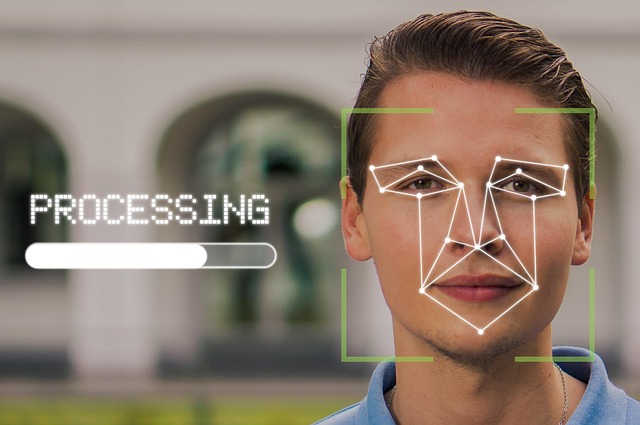Recognition lies at the heart of human experience, functioning as a bridge between self and other. In modern phenomenology, this concept transcends mere acknowledgment; it embodies profound interaction, connection, and understanding. To explore recognition through the lens of contemporary philosophy is to delve into the intricate web that ties us to one another, revealing how our identities are forged in the fires of social interaction and perception.
Phenomenology, a philosophical approach that studies structures of consciousness, posits that human experience is inherently relational. This means our perceptions and understandings are shaped significantly by our interactions with others. When we think of recognition, we usually consider it in a social context—being seen, understood, and valued by others. The modern philosophical inquiry into this phenomenon invites us to consider how recognition is not just a social nicety but a fundamental existential need.
Science has, in various ways, begun to elucidate the importance of recognition in human psychology and behavior. Recent studies indicate that feeling recognized not only boosts our self-esteem but fosters a sense of belonging. This sense of belonging is crucial for our mental health, serving as a protective factor against the stressors of modern life. Neuroscience has uncovered that the brain’s reward center lights up when we are recognized, reinforcing the idea that recognition is more than a social occurrence—it is a biological imperative, deeply embedded into the fabric of our being.
Modern phenomenology challenges us to reflect on what recognition truly means in our interconnected lives. It prompts inquiries into the face-to-face interactions we have: How do these moments shape our understanding of ourselves? How does receiving acknowledgment or validation from others inform our realities? The essence of recognition serves as a reminder that we do not exist in isolation but are part of a dynamic and interdependent social fabric. In this light, recognition becomes a crucial element of both personal identity and community cohesion.
Moreover, modern philosophical discourse encourages us to consider the implications of failing to recognize others. The absence of acknowledgment can lead to alienation, where individuals feel marginalized and invisible. Such experiences are particularly poignant in today’s fast-paced, digital-driven world, where authentic connections may be sacrificed for superficial interactions. Thus, exploring recognition within the framework of phenomenology becomes not just an academic exercise but a vital exploration of our human experience and existence.
In navigating these complex layers of recognition, we are invited to reflect on our roles within our communities and the responsibility that comes with the act of recognizing others. It compels us to become more aware of the subtle cues of acknowledgment we offer to those around us—be it a glance, a smile, or a word of affirmation. This calls for a conscious effort to foster an environment where recognition flourishes, enriching not only our individual lives but also the collective experience of humanity.
Ultimately, engaging with recognition in the realm of modern phenomenology allows us to examine the deep-rooted connections we share, highlighting how essential they are for our well-being. As we cultivate a richer understanding of recognition, we enhance our capacity for empathy, compassion, and solidarity, which are necessary for navigating the complexities of contemporary existence.




